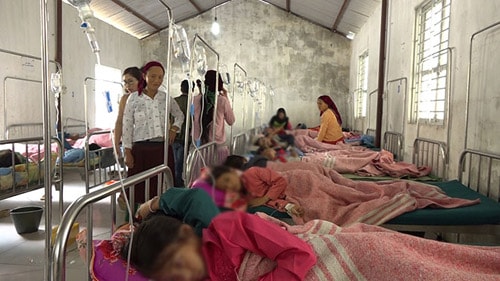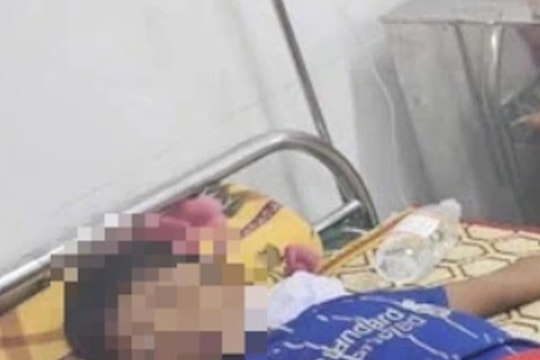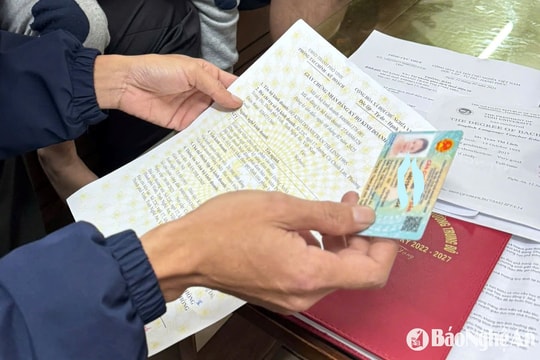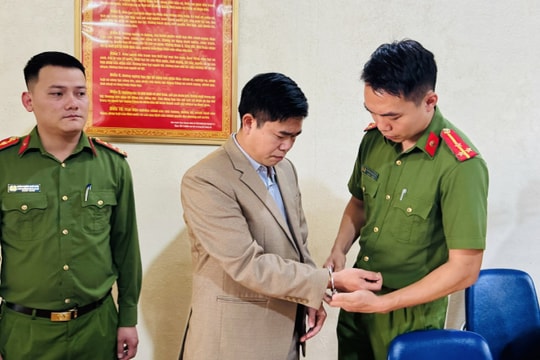Food poisoning at school: Principal must take responsibility
According to Associate Professor, Dr. Nguyen Thanh Phong - Director of the Department of Food Safety (Ministry of Health), the safety of collective kitchens, including school kitchens, has been warned early and there are sanctions to control quality.
Specifically, in 2018, the Ministry of Education and Training and the Ministry of Health issued Joint Circular No. 08/2008 on guidelines for ensuring food safety and hygiene in educational institutions.
The Circular has very specific regulations on food safety for school meals. In particular, special attention is paid to the strict control of the food supply chain for facilities in educational institutions: Food origin, ingredients; processing, cooking, preservation, transportation and canteens of educational institutions. However, food poisoning in collective kitchens continues and appears more and more frequently.
 |
| Students of Xin Cai Primary Boarding School who suffered from food poisoning are being treated at Meo Vac District General Hospital, Ha Giang. Photo: TL |
“Regulations on food safety for children have been clearly and strictly defined in the above joint circular. If food poisoning occurs after discovering that the food supply facility is not safe, the principal of that school must take responsibility,” Dr. Phong affirmed.
Mr. Phong said that to minimize the situation of food poisoning in collective kitchens, including schools, many synchronous solutions are needed. Specifically: Requiring the principal or the person in charge of the kitchen to commit to ensuring food safety for students; working and closely coordinating with local authorities in monitoring food safety in schools.
In addition, the authorities have made recommendations to schools, asking them to establish a food safety monitoring committee, in which parents' representatives will be a part of this committee; input food ingredients must have a clear origin; school kitchens are responsible for recording and storing complete records of ingredients used to prepare school meals.
The inspection teams will conduct inspections of the actual processing process, records, actual ingredients, and food sample storage regime in each meal, thereby ensuring that when problems arise, the cause can be found through sample testing.


.jpg)


.jpg)


